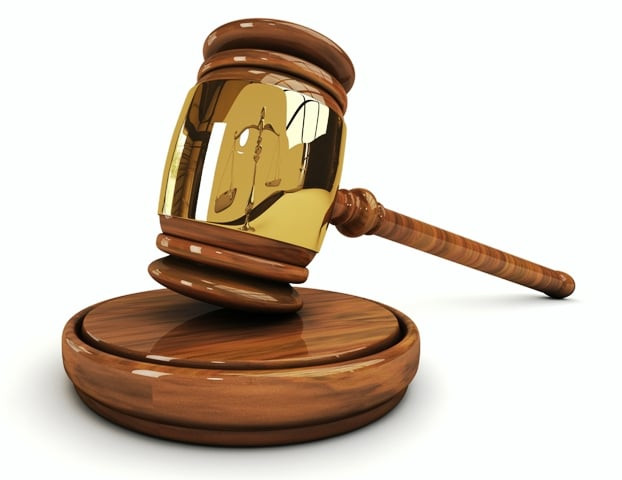Judicial protection
To enable democracy to function smoothly, it is important that each institution stay within its own sphere of work.

Democracy is a relatively new exercise for us; there are bound to be some pitfalls. PHOTO: FILE

Justice Chaudhry’s words are clearly well meant. But they should also lead us to think of a few other considerations. In the first place, what is most important of all to our system, and the democracy that stands at the centre of it, is that all institutions work harmoniously together. Yes, indeed, as the CJ has said, they should work to protect and bolster one another. But to enable democracy to function smoothly, it is also important that each institution stay within its own sphere of work and operate within it. These spheres are, of course, clearly demarcated by the Constitution, with the duties, powers and roles of each body clearly spelled out. Overstepping these boundaries could, of course, prove very dangerous and we have perhaps, at times, veered too close to this point. This is something to watch out for.
Much of this process involves a learning experience. Democracy is a relatively new exercise for us; there are bound to be some pitfalls, and all institutions will need to learn how to steer clear of them. This may take time — but it is important we master the art, so that in the future, institutions can all work even more smoothly, avoid treading on one another’s toes, and by doing so, lend still greater strength to our democracy.
Published in The Express Tribune, April 23rd, 2013.













COMMENTS
Comments are moderated and generally will be posted if they are on-topic and not abusive.
For more information, please see our Comments FAQ